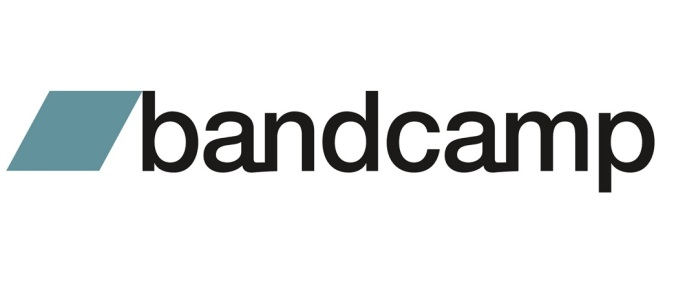 Ah yes, the unsung hero of music platforms. It might not have the big userbase of the major platforms, but it has long held a high degree of respect in the industry thanks to its artist friendly business model. But does it deserve its glowing reputation?
Ah yes, the unsung hero of music platforms. It might not have the big userbase of the major platforms, but it has long held a high degree of respect in the industry thanks to its artist friendly business model. But does it deserve its glowing reputation?
Pros
Essentially what Bandcamp does is provide a tool for artists to create an online store, much like how WordPress lets users create a website. Though the primary focus is on album downloads, it also lets an artist sell a range of physical versions and merchandise too. The whole thing is very straightforward and intuitive, which means that it’s easy for artists who are just starting out to create a central hub to direct new fans to. Anyone can make a slick and professional looking online store for free; all artists, big and small, are treated equally.
By far Bandcamp’s biggest draw is its payment structure. Unlike the big names in the industry which give a microscopic fraction of every penny earned to the actual artists (*cough* Spotify and YouTube), Bandcamp only charge a small percentage of commission, 15% for downloads and 10% for merchandise. What’s more, as artists can set their own pricing, it’s easy for them to accommodate by adjusting prices accordingly. I’ve seen many people say it’s the next best thing after buying directly from the artist, but you could argue the point that they’re roughly equal. Artists can get paid just as much (if adjusting their prices) and with music fans supporting Bandcamp too, they in turn can support more artists.
Being as they are head and shoulders above the rest when it comes to looking after creators, many artists choose to forgo the bigger platforms altogether. There’s an awful lot of music that is found only on Bandcamp, making the site an absolute treasure trove of forgotten gems.
Cons
When it comes to the artists’ side of things, there’s very little to fault. The only thing that really springs to mind is the lack of customisation options. All Bandcamp pages are essentially the same site with a different coloured background and a different album cover. I feel like they could have introduced more ways for bands to introduce a bit of character onto their page to make it stand out, without over complicating the process and still maintaining the “open to everyone” mentality. Equal needn’t mean identical.
The real issues with the site come from the fan side. Individual band pages are perfectly fine, but in the end they all just feel like individual pages and not interconnected parts of a whole. Doubling down on artists has sadly made it a poor music discovery resource. Despite its appearance, with its wide selection of different subgenres, the Discover section of the website’s homepage does a poor job of both organising its vast catalogue and at promoting new releases. The only real music discovery algorithm to speak of is the “like this? try…” type selection at the bottom of each band page. It does a decent job, but is rather limited, and relies on people already being directed to the page from outside, rather than browsing what Bandcamp as a whole has to offer.
It could be something great, but it just feels like so little effort has been made on community and interactivity. They could have a bustling marketplace if they put their minds to it, while instead it’s more like a bunch of stalls on different street corners all ignoring each other.
Final Thoughts
Interestingly enough, Bandcamp in many respects is like the complete opposite of Spotify; the former focuses almost entirely on artists while the latter neglects them in favour of its userbase. I’m sure many artists reading this will see that as a good thing. While I commend the work that Bandcamp do and hope that it inspires a change for the better within the industry, I feel like it doesn’t do the best job at communicating with music fans. It’s no good having a snazzy, well-paying website to sell your music if no one actually visits it. The ideal platform lies somewhere between the two. The artist driven ideals of Bandcamp, with all the hype and discovery tools that made Spotify the go-to way to break new bands.